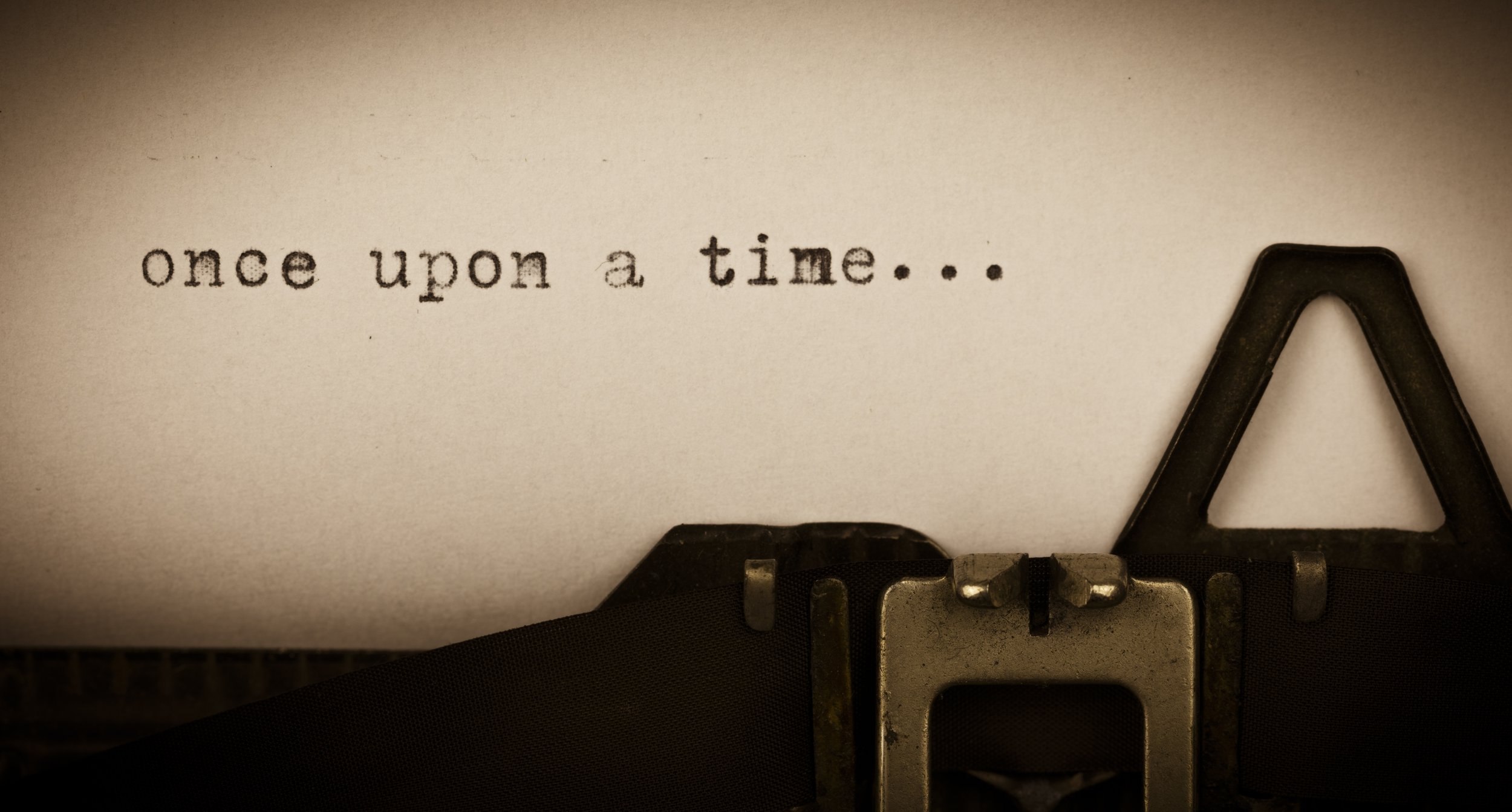OK, ok, time to stop procrastinating. I promised to start talking about the hardest patient part, so here we go.
I was actually in a pretty good place before my diabetes diagnosis. Over the six years since I had started walking again, I had recovered from meningitis and paralysis to a point where my residual weakness was invisible. I wasn’t popular – I was never popular in school – but I had good friends. I wasn’t particularly athletic, but I was good academically. And as tweenagehood began, I lost weight, which brought with it a certain kind of attention I had never received before. Already sensitive about my body from having to be in a wheelchair and relearn to walk in public spaces, it gave me a new kind of self-consciousness, but I liked it. It was warm and positive in a way I never thought I would feel about my still-slightly-impaired body.
Of course, I didn’t know that I was effectively starving. As close as I can tell, my diabetes developed over about 18 months before I was diagnosed. During that time, my body became less and less able to process and use the food I was eating. So, what all those complimentors didn’t know was that, by the end I was eating 5,000 calories a day and getting thinner and thinner. That is not normal.
There were other symptoms, too. I was drinking 20 glasses of water every day, and since I wasn’t absorbing water any better than I was absorbing food, I was also going to the bathroom all the time. Every 90 minutes. Like clockwork, even overnight. Which led to pretty extreme, compounded exhaustion – from lack of sustenance and getting up multiple times at night. I was getting 14 hours of sleep a night and falling asleep in second period. No one told my parents.
During one appointment, my mom mentioned to my pediatrician that I was constantly drinking. His response was to ask how big the glasses were. For the record, it doesn’t matter. Feeling the need to drink 20 times a day should have been a red flag. That is not normal.
Finally, I told my mom I was too tired to go to school.
Her response? “Not in my house, you’re not.”
I went for a blood test. It took a couple of days for it to come back. I think my mom knew. We had a neighbor with Type 2, and she was with us when we got the news. I don’t remember what the number was, but it was pretty clear that I was diabetic.
There was only one hospital that did juvenile diabetes training, and it was not close to home. Suffice it to say, my associations with all hospitals were bad between my meningitis and my mom’s regular visits for Crohn’s disease. It would have been better if I could have at least gone to a place where I was already intimately familiar with the pediatric ward. The doctor, who was not a pediatric endocrinologist, just someone who treated all the juvenile diabetics in my hometown, was a stranger. As it is with every patient with a new diagnosis, we didn’t know what to expect or where this path would lead. And I was not yet my lovely, jaded self, so I was less equipped psychologically to handle a chronic diagnosis. I was scared. We all were.
I remember the car ride. It was not an animated one. Quiet was not normal for me, but then, neither was diabetes. I remember feeling the first sparks of anger, but they were quickly smothered by fear. But it wouldn’t be long before anger would grow and fear would take a back seat.
Note: These posts are hard, so I may not write them consecutively.

